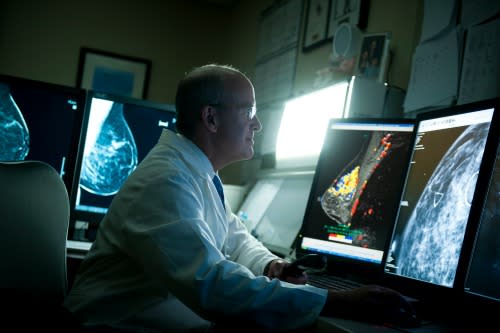Which medical screenings should men prioritize?
Published: July 13, 2023l
The best way to stay healthy is the same for everyone: eat a balanced diet, get enough sleep and exercise, minimize stress, use sunscreen, don’t smoke, and talk to your doctor about changes or concerns you have.
Even if you’re otherwise healthy, everyone should be screened for high blood pressure and diabetes. Once you enter your 30s, you should add cholesterol testing to the list to screen for heart disease. At 45, talk to your primary care physician about colorectal cancer screening. If you’re 50 to 80 years old, smoked for 20 years or more, and quit within the past 15 years, then you should consider an annual lung cancer screening too. Let your doctor know if you have a family history of any of these conditions, as screening may need to start earlier.
Men should add a few other screening priorities: prostate cancer, testicular cancer, and abdominal aortic aneurysm, depending on individual risk factors and the advice of your primary care doctor.
What to know about prostate cancer
Prostate cancer affects 1 in 8 men, making it the most common cancer in men after skin cancer, and the second leading cause of cancer death in men after lung cancer. Prostate cancer frequently develops after age 65 and is rare in those younger than 40.
Prostate cancer is typically a slow growing cancer; it’s often said that more men die with prostate cancer than from prostate cancer. However, screening is still worth considering once you reach your mid-to-late 40s, as there are some aggressive forms of prostate cancer that require early action.
Screening for prostate cancer has been the subject of debate, with recommendations changing drastically over the past decade. Routine screening for prostate cancer with a blood test for prostate-specific antigen (PSA) used to be very prevalent, and many men opted for biopsies if their level was elevated. However, the PSA test doesn’t actually look for prostate cancer specifically. While prostate cancer does make the PSA level go up, so does sitting on a bicycle seat or being sexually active; even getting a digital rectal exam for prostate cancer screening has been shown to increase PSA.
In 2012, the United States Preventive Services Task Force (USPTF) noted that many men experienced complications like incontinence and erectile dysfunction from prostate cancer biopsies and surgeries. The majority of these negative experiences were likely unnecessary and prompted by overreliance on isolated PSA tests. As a result, the USPSTF began to recommend against PSA screening. When PSA screening declined, rates of more aggressive prostate cancers rose, and the USPSTF now urges men to discuss screening with their primary care doctor.
As a primary care physician, I recommend that my patients start yearly PSA screening in their mid-40s. If the results are stable, the screening interval can usually increase to every other year. If the results are elevated, more frequent screenings are justified. Remember: A single elevated PSA is not worrisome, but a trend of the PSA continuing to go up is a sign that a urologist should get involved.
Patients of any age with urinary problems like hesitancy or waking up several times at night to urinate should talk to their doctor about these symptoms and open a discussion about prostate cancer screening.
What to know about testicular cancer
Testicular cancer is the most common cancer among males ages 15 to 34 years old, but it is still so rare that the USPSTF advises against screening for it. By the time you’re in your 40s, your risk is pretty low. Partly because of the rarity of testicular cancer, most physicians don’t do a testicular exam as part of a regular primary care checkup, and there is no blood test for testicular cancer. Instead, doctors rely on patient self-reporting.
Patients come to me frequently with concerns about testicular cancer, usually prompted by them (or a sexual partner) noticing a nodule or other abnormality. Most of the time, these are cysts or other benign changes. However, appropriate evaluation is a formal testicular exam and usually a testicular ultrasound (a painless and non-invasive imaging test), to determine what’s going on.
What to know about abdominal aortic aneurysm
Men ages 65 to 75 who have ever smoked should be screened for abdominal aortic aneurysm (AAA). Aortic aneurysms are a bulging or weakened area in the wall of the aorta, the largest blood vessel in the body, which carries oxygenated blood from the heart to the rest of the body. These aneurysms frequently occur in the portion of the aorta that runs through the abdomen. If they rupture, the result can be life-threatening bleeding, and potential death.
The recommended screening for AAA is a one-time ultrasound. If an aneurysm is found, guidelines recommend yearly monitoring unless the aneurysm is large. In that case, surgery is usually required to reinforce the aorta against rupture. The best prevention is avoiding nicotine and maintaining appropriate blood pressure.
Always listen to your body
Screening tests are just one way to practice preventive health. Most importantly, stay aware of your body, how it feels and moves, and anything that has changed or doesn’t feel normal. Then talk to your doctor about any changes or concerns you have.
Many people mistakenly equate illness or health concerns with personal failure or “weakness.” As a result, some people try to ignore their symptoms or concerns. Don’t do this. Please talk to your primary care doctor if something doesn’t feel right. Ignoring it won’t make it better. Feel free to bring this article with you to your next primary care appointment to help start a discussion with your doctor.
About the Author
Paul Tobias, MD, is a primary care physician at Stamford Health Medical Group in Wilton. He is currently accepting new patients.
Featured Expert/ Author
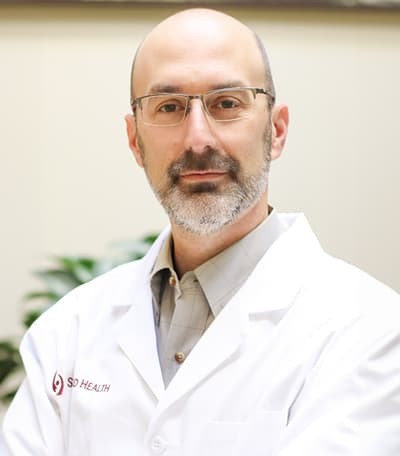






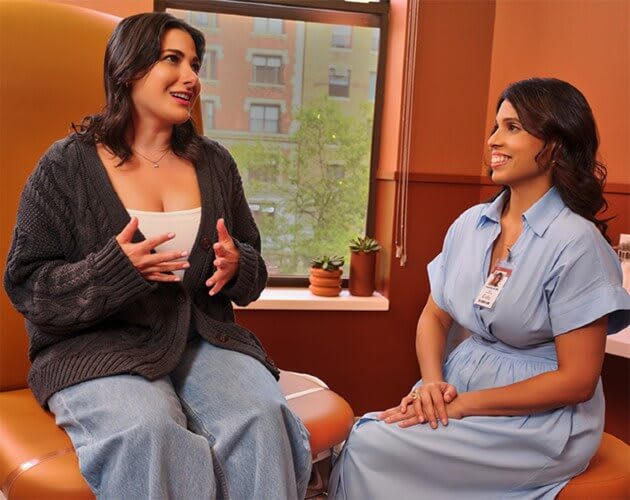



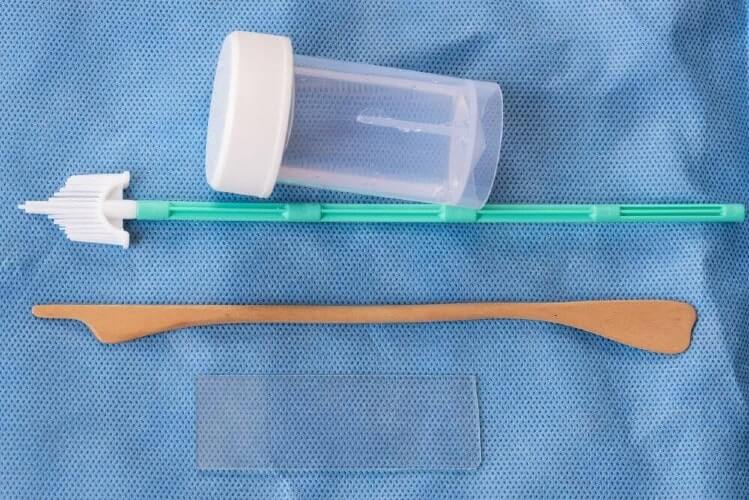














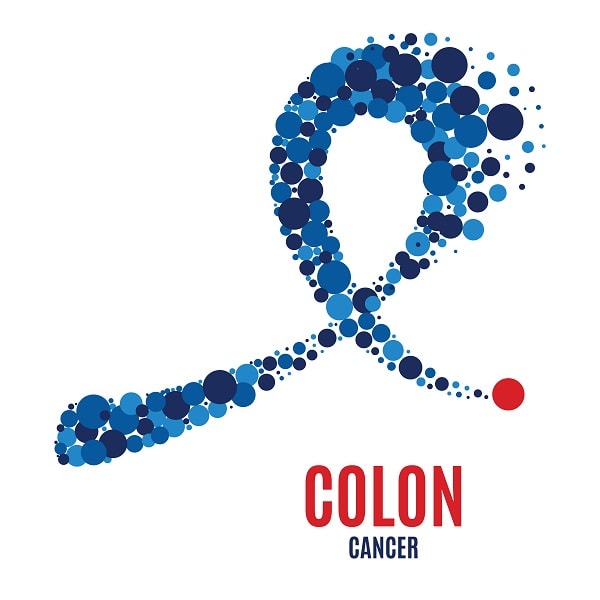

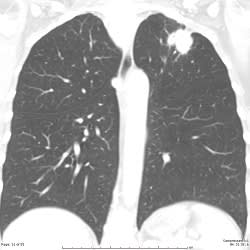













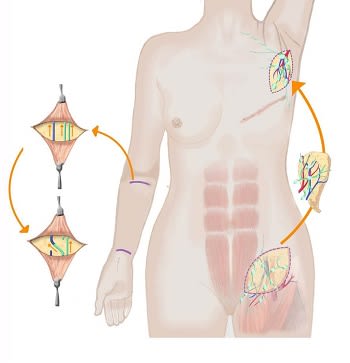



























)


)

)
)
